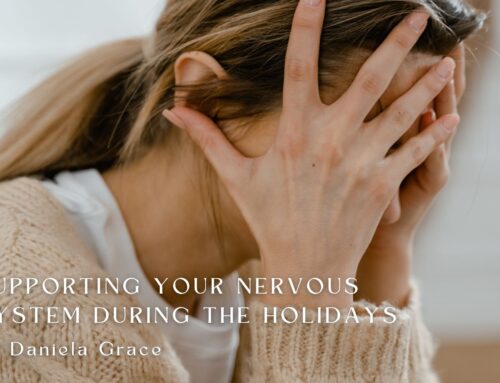Love and sex are now a strong part of our definition of romance. While sexual desire comes from our attraction to someone, we only fall in love with them if they become an attachment figure, a person who reminds us of what we need to feel safe and secure.
As we get to know the person who we fall in love with, our desire for them may begin to fade. This is known as the Intimacy desire paradox. Sex is most powerful and meaningful when it stokes and grows in intimacy. But what do we do if we feel less desire towards our partner over time? We have probably seen it ebb and flow in our closest relationships, so how do we deal with this conundrum, the lapse in the erotic maintenance bond?
Sadly, real-life, long-term relationships are not reflected in most movies and TV dramas. Drama, after all, is the name of the game, and while every long-term relationship has its ups and downs, they are not necessarily the monumental or newsworthy kind of drama that puts bums on seats in the box office. We need to turn to more sober sources of information for our answers, such as philosophers and therapists.
One clue comes from Alaine De Bouton’s The School of Life, specifically in the competing needs that come from our culture’s merging of love and sex. We have come to expect one person to provide all our needs and desires – being gentle and tender one moment and dramatic and thrilling the next. What a lot of pressure to put on another.
“A relationship cannot survive in the long term without tenderness, soberness, practical intelligence and selective resignation. We have carefully to fathom another’s motives, explain our moods, overcome hurts and sulks and assume a mantle of predictability.” A good partner must be accessible, vulnerable and predictable, not keeping secrets or harbouring emotional injuries. These, after all, are the enemies of love.
Sex, on the other hand, as portrayed by our culture in steamy romantic movies and the anything goes world of porn, is meant to be dramatic, spontaneous, and overwhelmingly passionate. “Sex in its most dramatic, thrilling versions, demands that we be heedless, decadent, perhaps cruel or untenably submissive. It can involve the crudest language and moments of sublime degradation.”
With these high standards is it any wonder that 20% of couples are not having sex. And without that beautiful intimacy the emotional connection between them is threatened.
A relationship without intimacy is one of the saddest of situations. Instead of warm, open and honest communication, we are faced with silence, shame and awkwardness. When the topic of sex comes up, the first reaction is not the twinkle of desire, but a freeze response or judgment. This fear and withholding in turn stop us from being curious and exploring what’s really happening, what is stopping us from getting closer.
Our feelings of sexual desire are one of the most important forces in human nature. This is certainly shown in the way sex and desire have been used to convince us to purchase anything and everything. But desire is also a potent force for bonding in a relationship. The good news is that research on attachment shows that intimacy actually facilitates desire. What’s more, sex facilitates attachment. Hmm, what a wonderful feedback loop. That’s another clue as to the power of sex in shaping who we are inside and outside of our relationships.
But how do we find our way back to this delicious bind if we find ourselves in a sexless relationship? The best advice given today is to not focus on performance and dysfunction. This may seem counter intuitive advice to rediscovering the joys of intimacy with your partner. What, no sex? Hold your horses. Again we can see that distorting cultural lens at work, the one that equates intimacy with torn clothes and naked bodies on the kitchen benchtop. Intimacy is more than that. And has gradations from the subtle through the steamy, all the way up to the sublime.
So, when the pressure to perform is getting in the way, the best advice is to take baby steps. Begin by just exploring, as though you were a shy teenager before your first conquest or your first kiss. Remember those days when holding hands was a monumental revelation and a sensual thrill. Learning to touch, then, is our first hill to climb. Simple stroking with no end in mind, other than touching and being touched. From this place you can begin to meet your partner again. The goal is to cultivate a different kind of attitude towards each other – a friendly, inquisitive, kind and playful interest. Imagine your desire is a newborn or a puppy. It needs tenderness, holding, caressing and a lot of understanding.
How does what you have read affect you? Do you relate to this tug-o-war of love and desire and is this an issue for you and your partner? Contact Lee to discuss this or other relational issues on 0491 638 124 or email lee@leembeaton.com. Lee sees clients in person at Kundalini House on Tuesdays and in Thornbury on Saturdays as well as online on other days of the week.

Read more about Lee here.
www.leebeaton.com








Leave A Comment